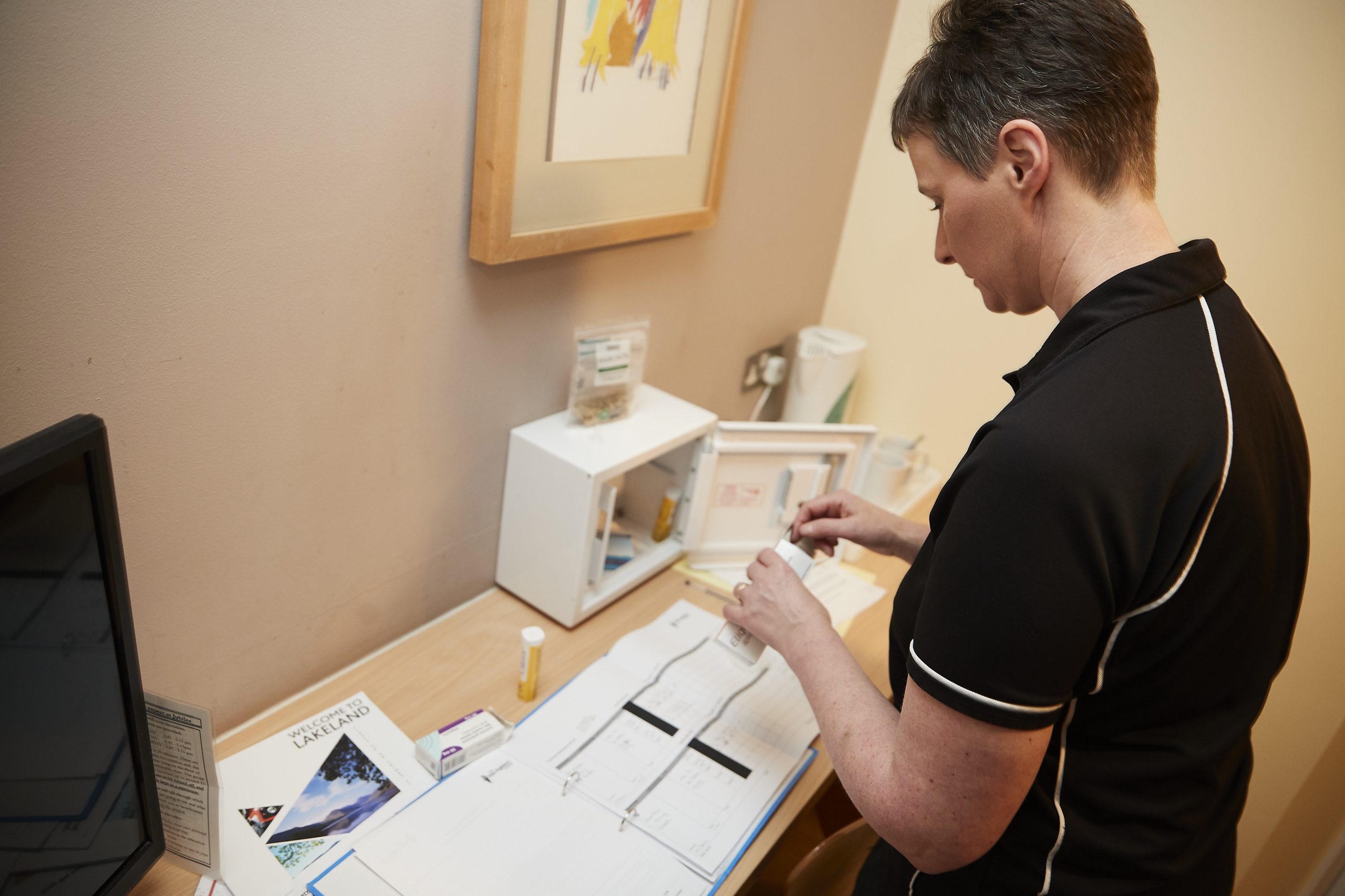Around 10,000 people are diagnosed with cancer of the bladder – an organ which collects and stores urine – each year, so knowing the signs and symptoms to look out for is incredibly important.
There are certain things which can affect your chances of developing it, with a major contributing factor being age – (it is more common in people aged over 60).
However, the top risk factor is smoking – which is thought to trigger 4 in 10 bladder cancer cases. This is because tobacco contains what is referred to as carcinogenic chemicals – in other words, chemicals which cause cancer.
The second biggest risk factor is exposure to certain industrial chemicals, and it can take up to 30 years from the initial exposure before the cancer starts to develop.
Here, our Nursing Services Lead, Kath Savage, runs through some of the main signs to watch out for, and what to do if you’re concerned…
So, what are the symptoms?
The main symptom of bladder cancer is spotting blood in your pee, known as haematuria, which is often painless. It may be streaks of blood in your urine, or your urine may be brown in colour, and the blood may come and go.
Another symptom is needing to urinate more often than usual and a burning sensation when passing pee.
It must be noted that most people with symptoms will not have bladder cancer, but it is important to get them checked out, as the earlier bladder cancer is diagnosed the more likely it is to be cured.
How is it diagnosed?
If you notice any of the symptoms, then visit your GP. They will take a history, including any family history, and ask whether you have been exposed to any of the possible causes, such as smoking. Your GP may request a urine sample so they can send it to the lab to be tested for abnormalities.
Your GP may also perform a physical examination of your rectum and vagina, feeling for a lump that can press against them. Where they have any suspicions they will refer you for further tests – usually to a Urologist. These may include blood tests, Cystocopy and Ultrasound scans.
In some cases, where a more detailed picture is required, you may have a CT scan.
What is the treatment?
Treatment will often depend on how advanced the cancer is, as it will differ through each stage.
You will be supported by a multi-disciplinary team and will likely be given contact details for a nurse specialist. They will support you through your treatment and be able to answer any questions.
Deciding on what treatment is going to be best can be difficult, so perhaps consider writing down any questions you may have prior to any appointments. If you have someone who can go along with you, they can help to take on the information as well
Treatment options may include surgery, chemotherapy or radiotherapy – or a combination. Again, this will be dependant on how advanced the cancer is.
What complications might there be?
A diagnosis of bladder cancer and any treatments can have a significant effect on your life. It will no doubt affect your mental wellbeing and this may alter at the different stages, from diagnosis through to treatment. If you are struggling with the mental impact of bladder cancer, see your GP to seek support.
If, as part of your treatment, your bladder is removed, then a urinary diversion will need to be found. This will have been discussed with you prior to surgery, but one option may be a urostomy. This is where an opening is created on the surface of your abdomen called a stoma, a special bag is then placed over the stoma to collect your urine. You will be taught how and when to change your stoma bag from there.
Bladder reconstruction may also be an option, but it is not suitable for everyone. Your Urologist will discuss this with you if it is an option.
You may also have some sexual problems. Erectile dysfunction is not uncommon – you can speak with your GP or your specialist cancer nurse in this case. Narrowing and shortening of the vagina can be a complication of radiotherapy and chemotherapy and can make intercourse painful. Speak with your GP to understand what support you can get.
If something is affecting your physical or mental health, let us help. Call our Support Line on 0800 389 8820 or make an enquiry online.
You can also find out more about bladder cancer at Action Bladder Cancer UK.

